IF YOU ARE a Lutheran, your religion was founded by Martin Luther, an ex-monk of the
Catholic Church, in the year 1517.
IF YOU belong to the Church of England, your religion was founded by King Henry VIII in
the year 1534 because the Pope would not grant him a divorce with the right to
remarry.
IF YOU ARE a Presbyterian, your religion was founded by John Knox in Scotland in the
year 1560.
IF YOU ARE* a Protestant Episcopalian, your religion was an offshoot of the Church of
England founded by Samuel Seabury in the American colonies in the 17th century.
IF YOU ARE a Congregationalist, your religion was originated by Robert Brown in
Holland in 1582.
IF YOU ARE a Methodist, your religion was launched by John and Charles Wesley in
England in 1744.
IF YOU ARE a Unitarian, Theophilus Lindley founded your church in London in 1774.
IF YOU ARE a Mormon (Latter Day Saints), Joseph Smith started your religion in
Palmyra, N.Y., in 1829.
IF YOU ARE a Baptist, you owe the tenets of your religion to John Smyth, who launched it
in Amsterdam in 1605.
IF YOU ARE of the Dutch Reformed church, you recognize Michaelis Jones as founder,
because he originated your religion in New York in 1628.
IF YOU worship with the Salvation Army, your sect began with William Booth in London
in 1865.
IF YOU ARE a Christian Scientist, you look to 1879 as the year in which your religion was
born and to Mrs. Mary Baker Eddy as its founder.
IF YOU belong to one of the religious organizations known as "Church of the Nazarene," "Pentecostal Gospel", "Holiness Church", "Pilgrim Holiness Church", "Jehovah's Witnesses," your religion is one of the hundreds of new sects founded by men within the past seventy-five years.
IF YOU ARE a Roman Catholic, you know that your religion was founded in the year 33 by Jesus Christ, the Son of God, and it is still the same Faith that he promised would last until the end of the world.
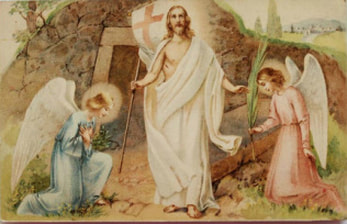
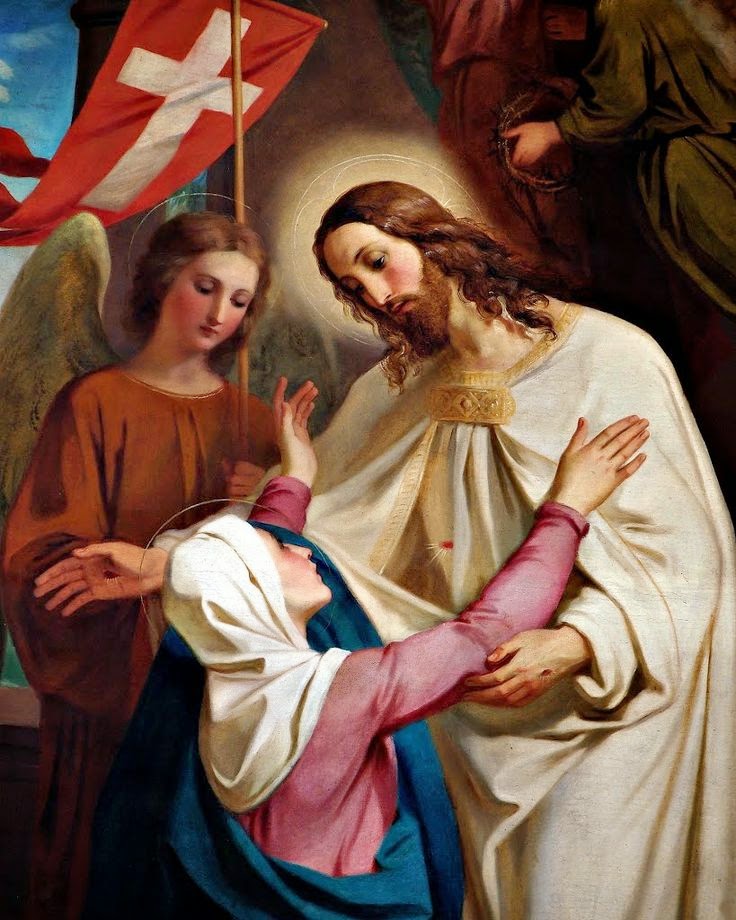
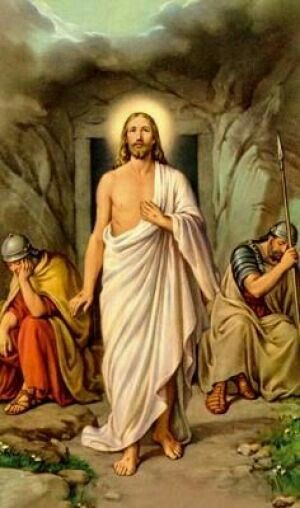
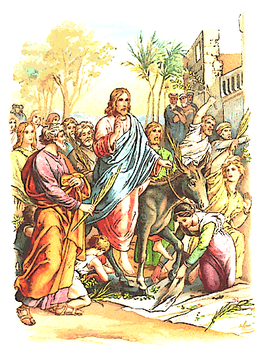

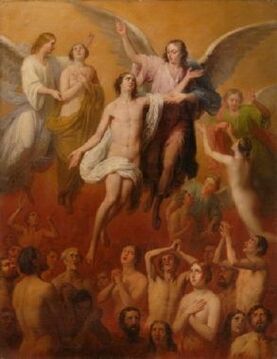
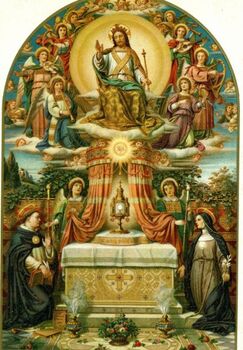
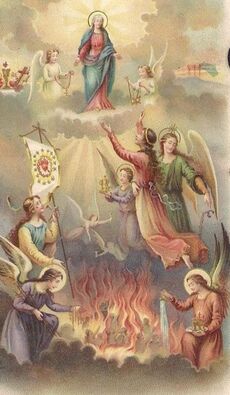
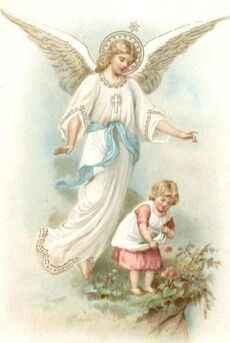
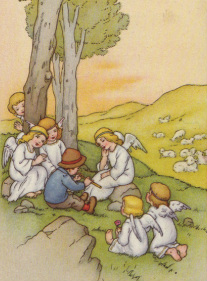
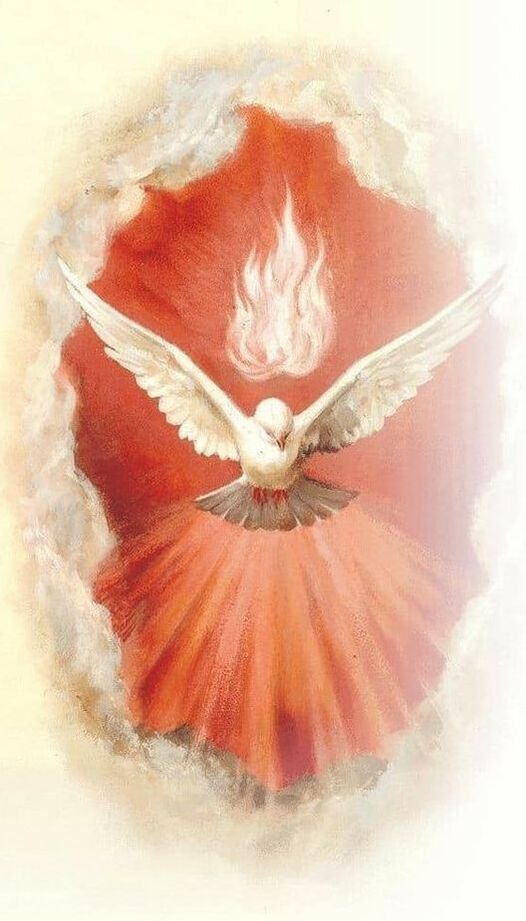

 RSS Feed
RSS Feed